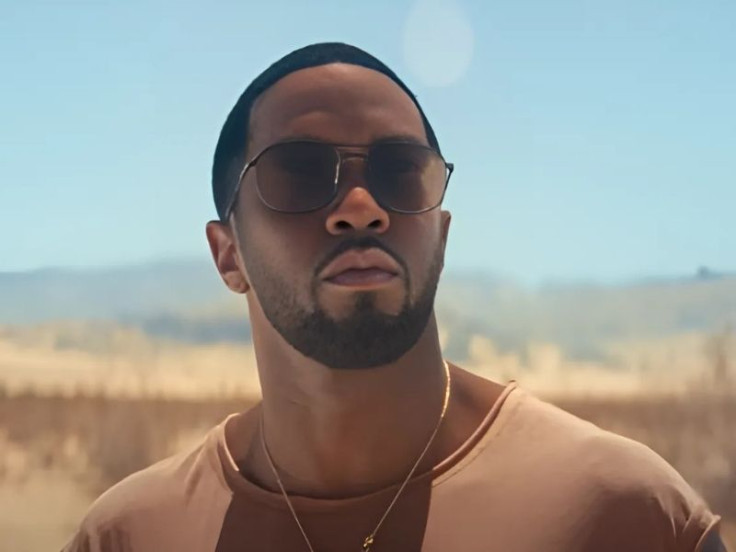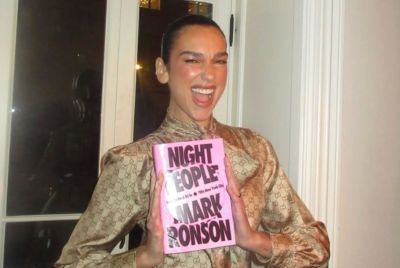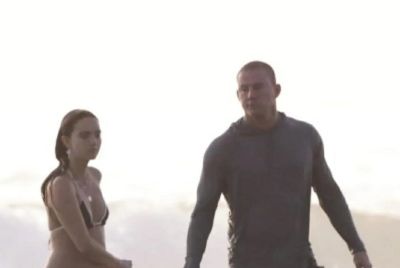Were The Diddy Charges Dropped? What We Know So Far As Both Sides Rest Their Case
After six weeks, prosecutors reduce charges to focus on sex trafficking and racketeering; verdict expected soon

In a move that has shocked the public, prosecutors have now reduced their case against Sean 'Diddy' Combs just one day before the final arguments; but the rapper's legal battle is far from over.
The decision to drop some charges could influence the jury's focus, but key allegations remain. Both sides have now rested their cases in a trial that has lasted over six weeks, leaving only the closing statements before a verdict.
Prosecutors Drop Some Charges to Clarify Jury Instructions
Prosecutors announced on 25 June 2025 that they would no longer seek to have the jury consider attempted kidnapping, attempted arson, or aiding and abetting sex trafficking. This move came just one day before closing arguments were scheduled to begin, aiming to simplify the trial for the jury. In a letter to Judge Arun Subramanian, they explained that these charges would not be included in the instructions given to jurors.
@thatssority Charges update against Diddy ⚖️ #diddy #diddytrial
♬ original sound - Rita & Tyler
The decision does not mean the charges are dismissed entirely. Instead, it narrows the list of criminal activities that the jury must evaluate. The remaining charges against Diddy are for sex trafficking, racketeering, and transportation related to prostitution. Prosecutors focus on allegations of forced labour and sex trafficking, which they believe are sufficient to establish guilt under the law.
The Legal Context: What the Charges Entail
The case hinges on the Racketeer Influenced and Corrupt Organisations Act (RICO), which requires prosecutors to prove at least two related criminal acts forming a pattern. These acts must be connected to an organised enterprise and demonstrate ongoing criminal behaviour. Prosecutors have maintained that Diddy's involvement fits these criteria, with evidence supporting allegations of trafficking and related crimes.
Diddy has pleaded not guilty to all charges. His defence team opted not to call witnesses during the trial, instead relying on exhibits to challenge the prosecution's case. The defence's approach was to question the strength of the evidence linking Diddy directly to the crimes he faces.
Both Sides Rest Their Cases After Six Weeks of Testimony
The trial has lasted more than six weeks, with prosecutors presenting evidence over nearly 30 days. Their last witness, Homeland Security Investigations agent Joseph Cerciello, finished giving testimony on 25 June. Following this, both sides officially rested their cases, removing the need for further evidence or witnesses.
The prosecution's aim was clear: to convince the jury that Diddy was involved in a criminal enterprise that engaged in trafficking and related activities. The defence, meanwhile, sought to undermine these claims, asserting that the evidence was insufficient to prove guilt beyond reasonable doubt.
What's Next: The Final Steps Before a Verdict
Now that both sides have rested, the focus shifts to the judge's instructions and the upcoming closing arguments. On 26 June 2025, the court will hold a final conference to determine exactly what the jury will be asked to consider. This includes the narrowed list of predicate acts, now excluding attempted kidnapping and arson.
Closing arguments are scheduled for 27 and 28 June, after which the jury will begin deliberations. Their task is to decide whether Diddy is guilty of the remaining charges based on the evidence presented.
© Copyright IBTimes 2025. All rights reserved.





















